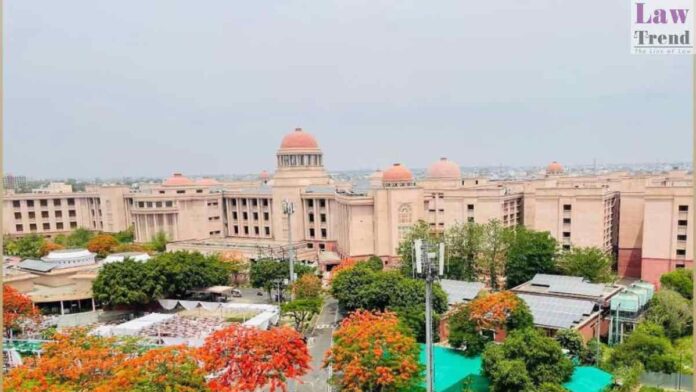The Allahabad High Court, under the judgment delivered by Justice Saurabh Lavania, has dismissed an application seeking re-investigation or further investigation in an assault case involving Vishal Tripathi. The case, filed under Section 482 of the Criminal Procedure Code (CrPC), was numbered 6104 of 2024. Background of the Case The case originated from an FIR
To Read More Please Subscribe to VIP Membership for Unlimited Access to All the Articles, Download Available Copies of Judgments/Order, Acess to Central/State Bare Acts, Advertisement Free Content, Access to More than 4000 Legal Drafts( Readymade Editable Formats of Suits, Petitions, Writs, Legal Notices, Divorce Petitions, 138 Notices, Bail Applications etc.) in Hindi and English.




